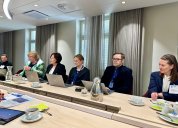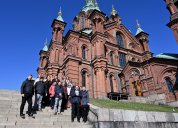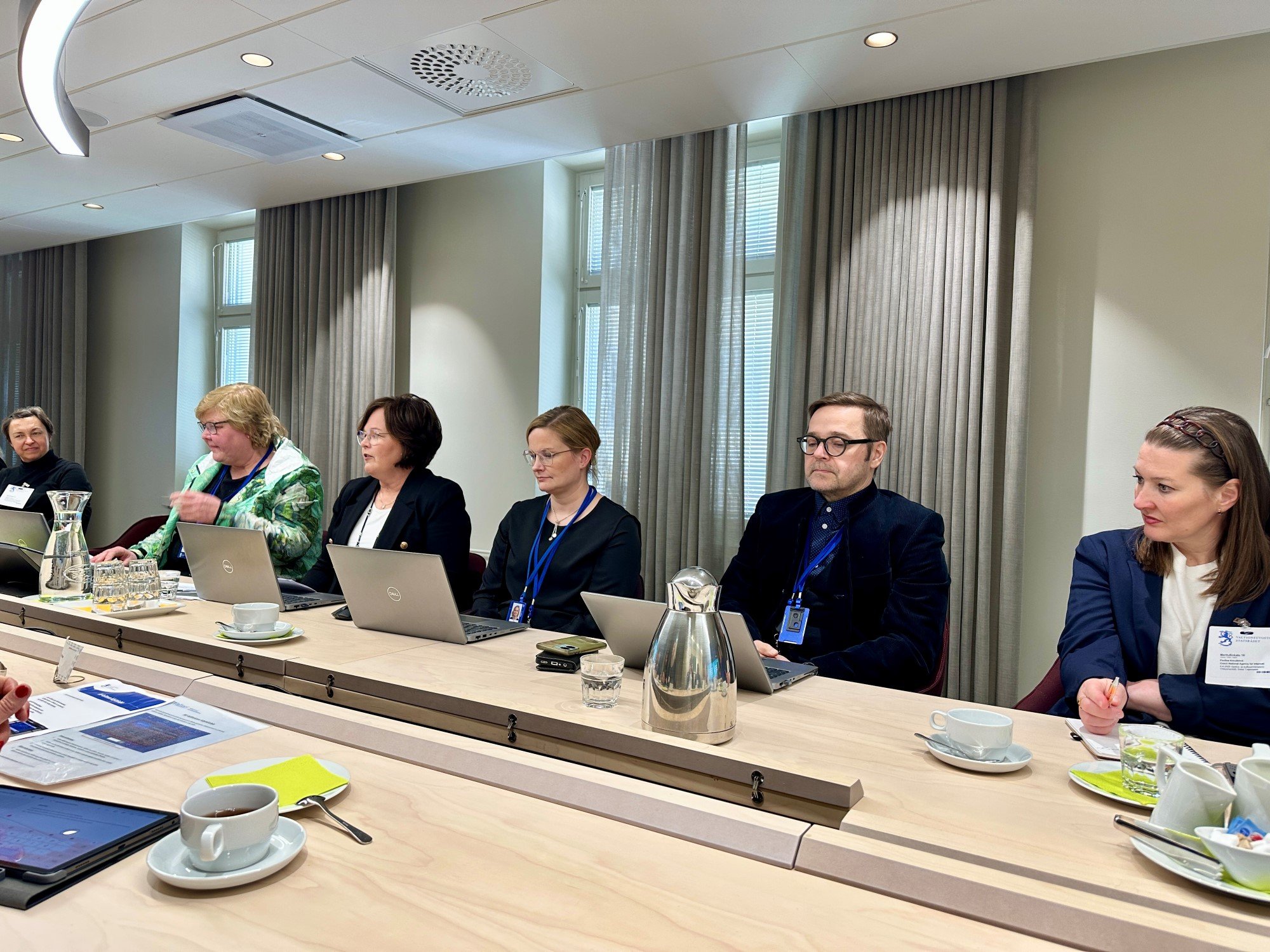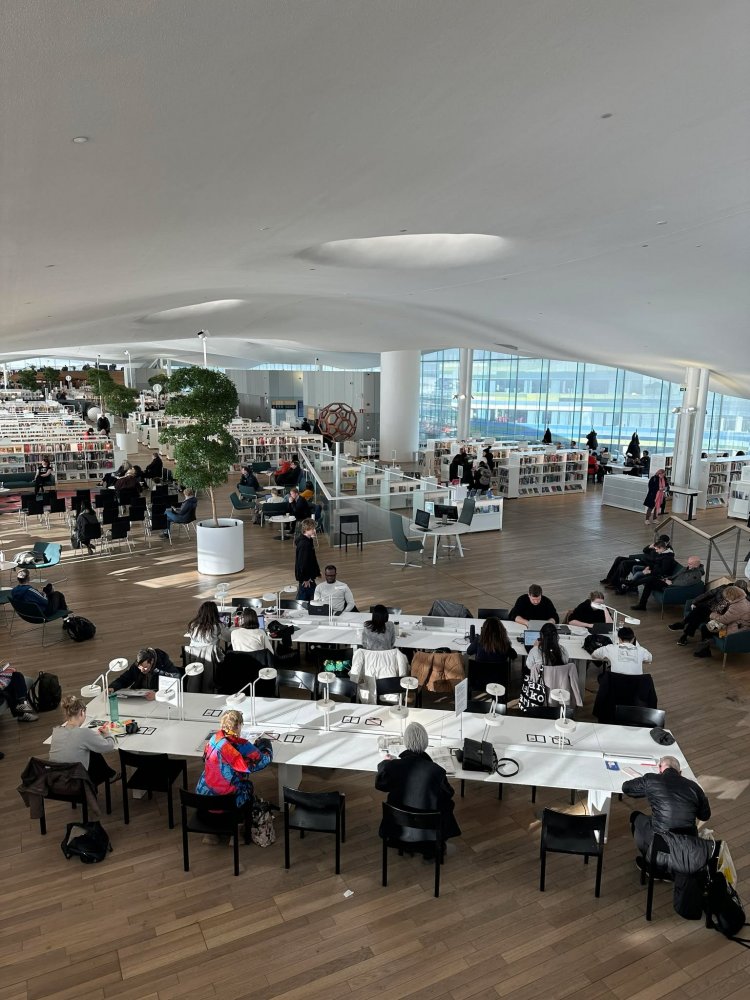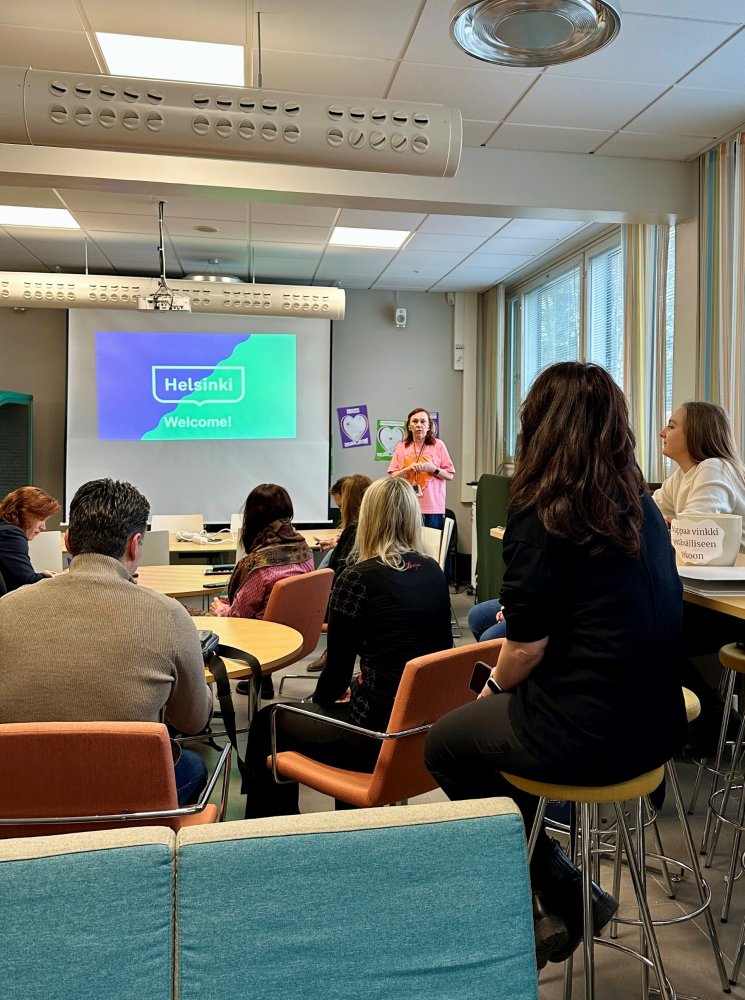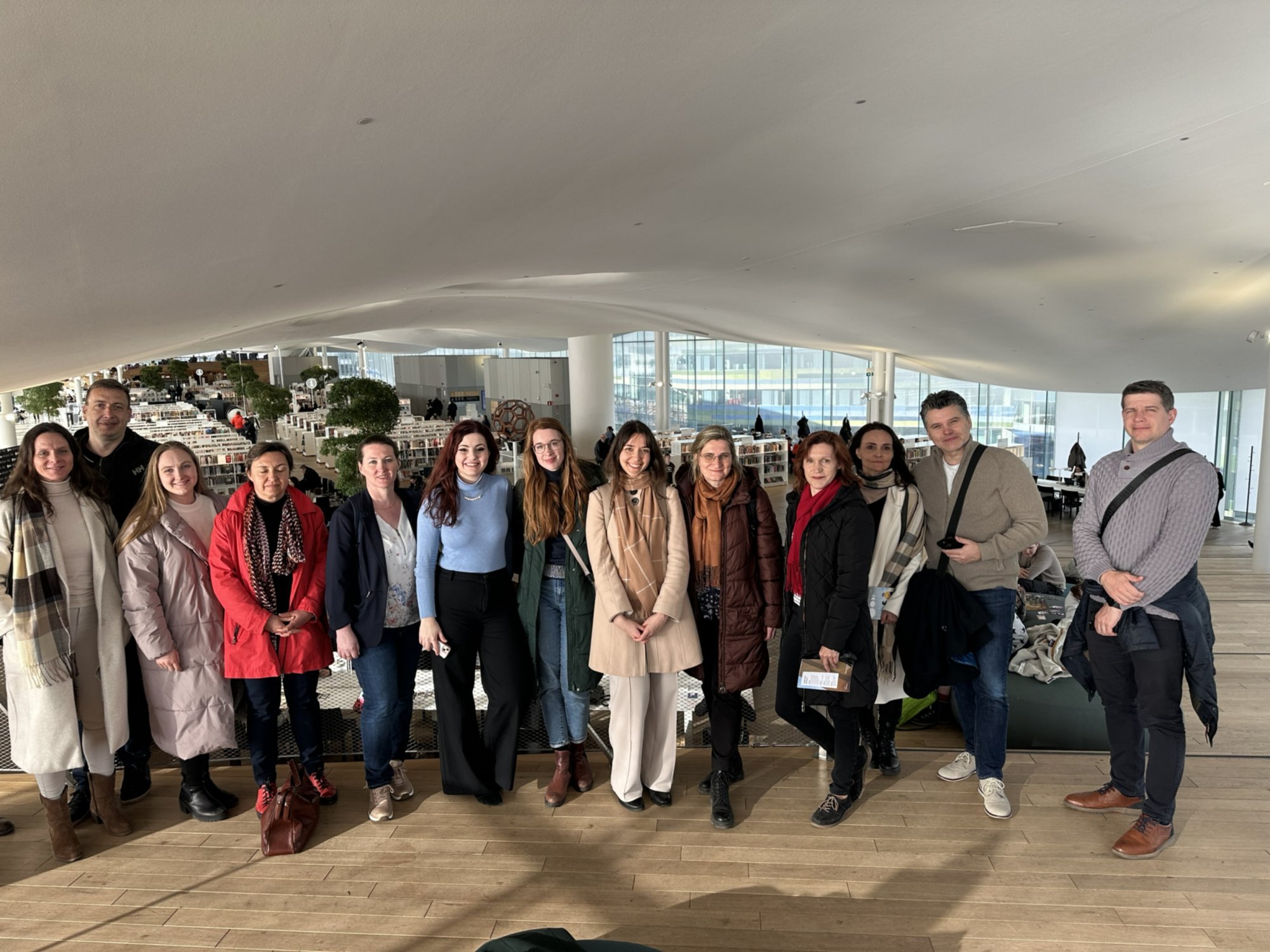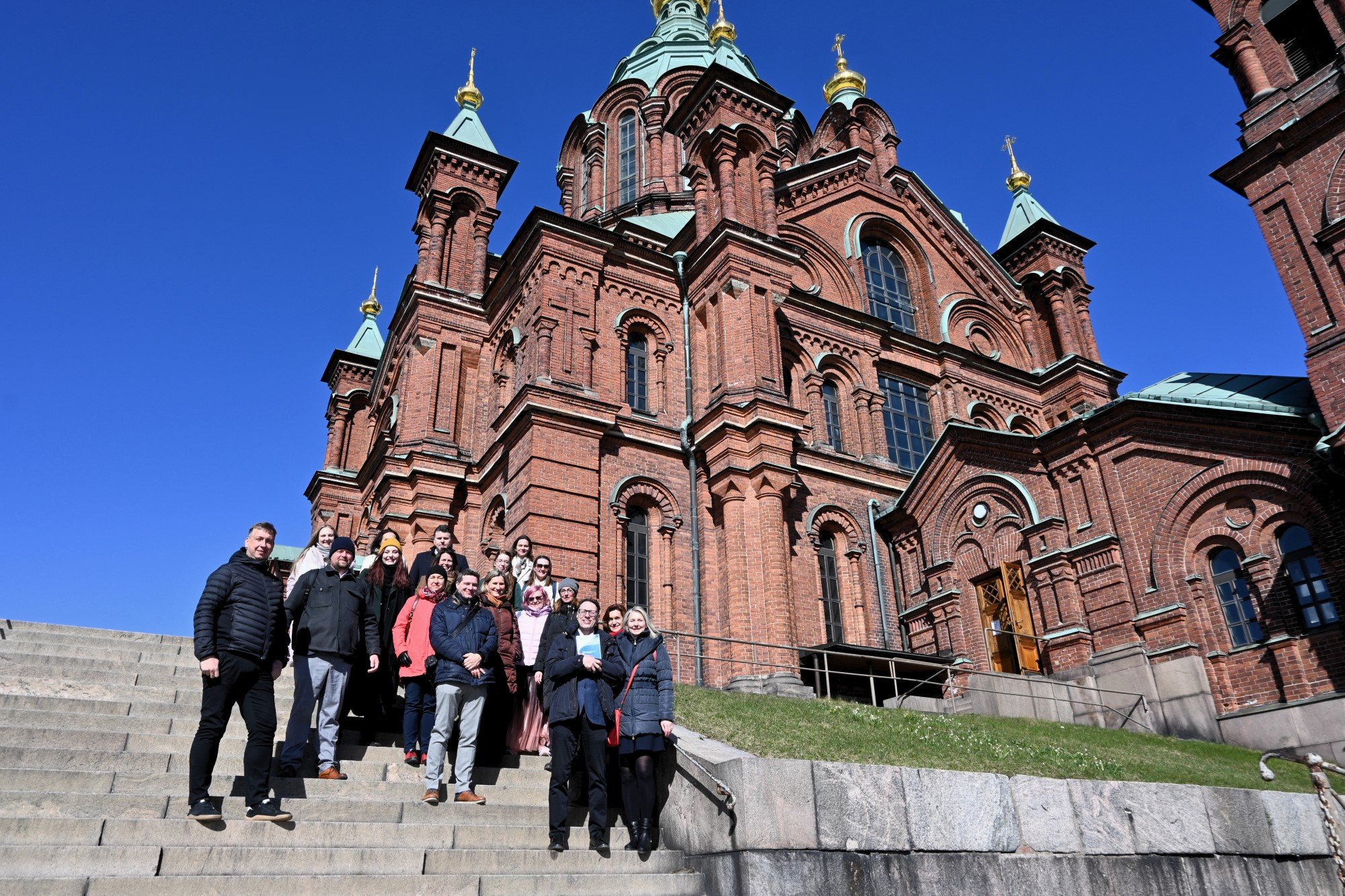Finland is built on trust: Czech delegation explores approaches that could enrich our education system
How can a country enhance the quality of education while simultaneously promoting innovation, well-being, and equality?
A Czech delegation comprising representatives from the Ministry of Education, Youth and Sports, regional governments, and the National Pedagogical Institute sought answers during a four-day study visit to Finland. The trip was organized by the Czech National Agency for International Education and Research (DZS).
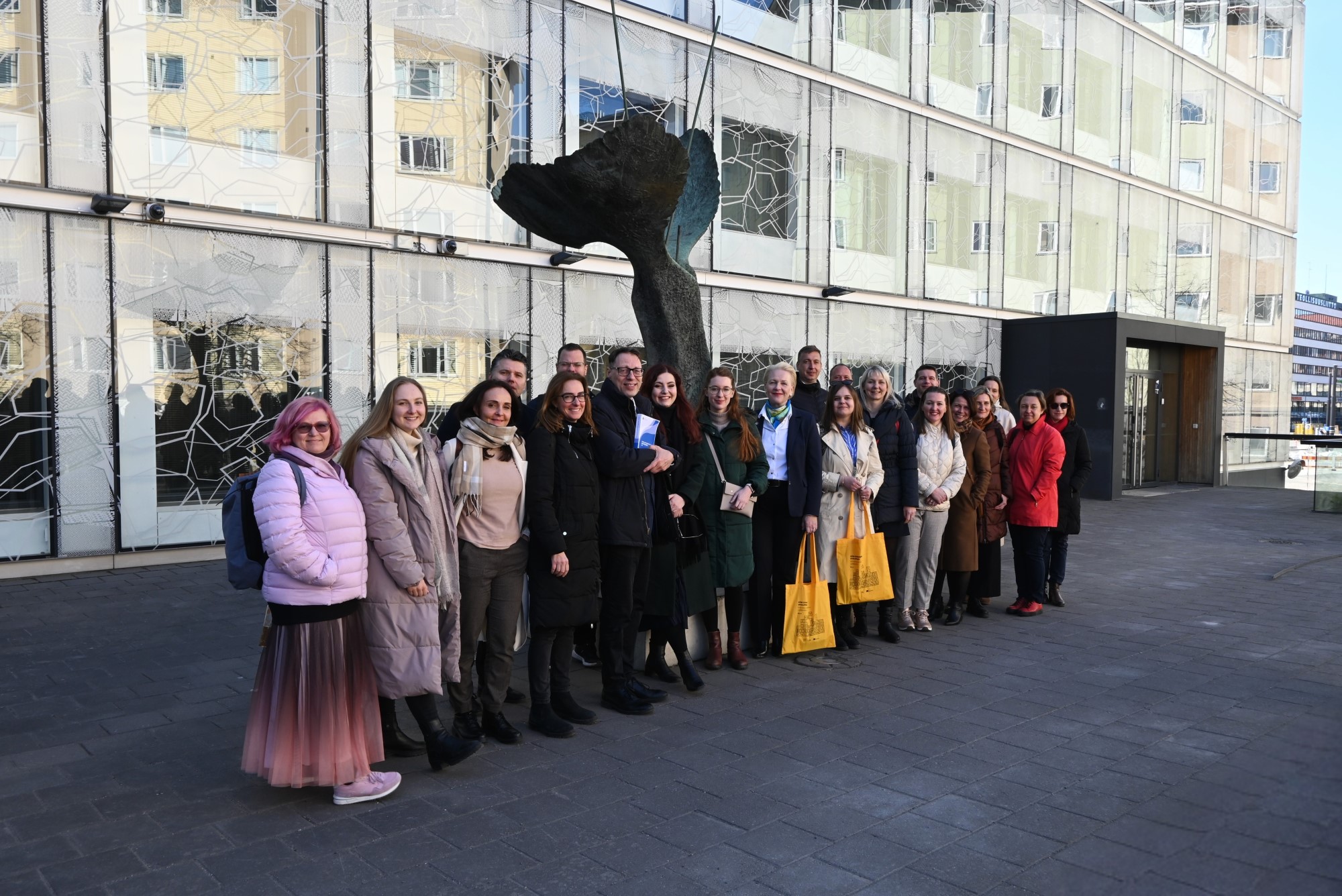
Trust as the foundation
Finnish education has long been an inspiring model of public education. It doesn't rely on inspections and testing but on trust—towards teachers, principals, and schools themselves. Teachers enjoy broad autonomy in deciding teaching methods and can rely on the state to provide conditions for professional growth.
This trust extends beyond individuals to the system as a whole, built on shared values and goals developed through public discourse.
Educators have significant freedom and responsibility, granting them a distinct role within schools. Instead of top-down controls and methodological directives, Finnish schools operate on professional dialogue, sharing, and clearly established rules created collaboratively. Schools thus become not only educational institutions but also integral parts of the community.
Discussions with EDUFI—the Finnish National Agency for Education—highlighted openness to innovation and an emphasis on integration with research and societal changes. Throughout the system, teaching is regarded as a prestigious and demanding profession with high status. This is reflected in teacher preparation, emphasis on professional competence, and the conditions under which teachers work. Similarly, school principals are seen as managers and strategists—leaders who have the space to guide teams, set visions, and develop the school as a whole, often without the necessity to teach.
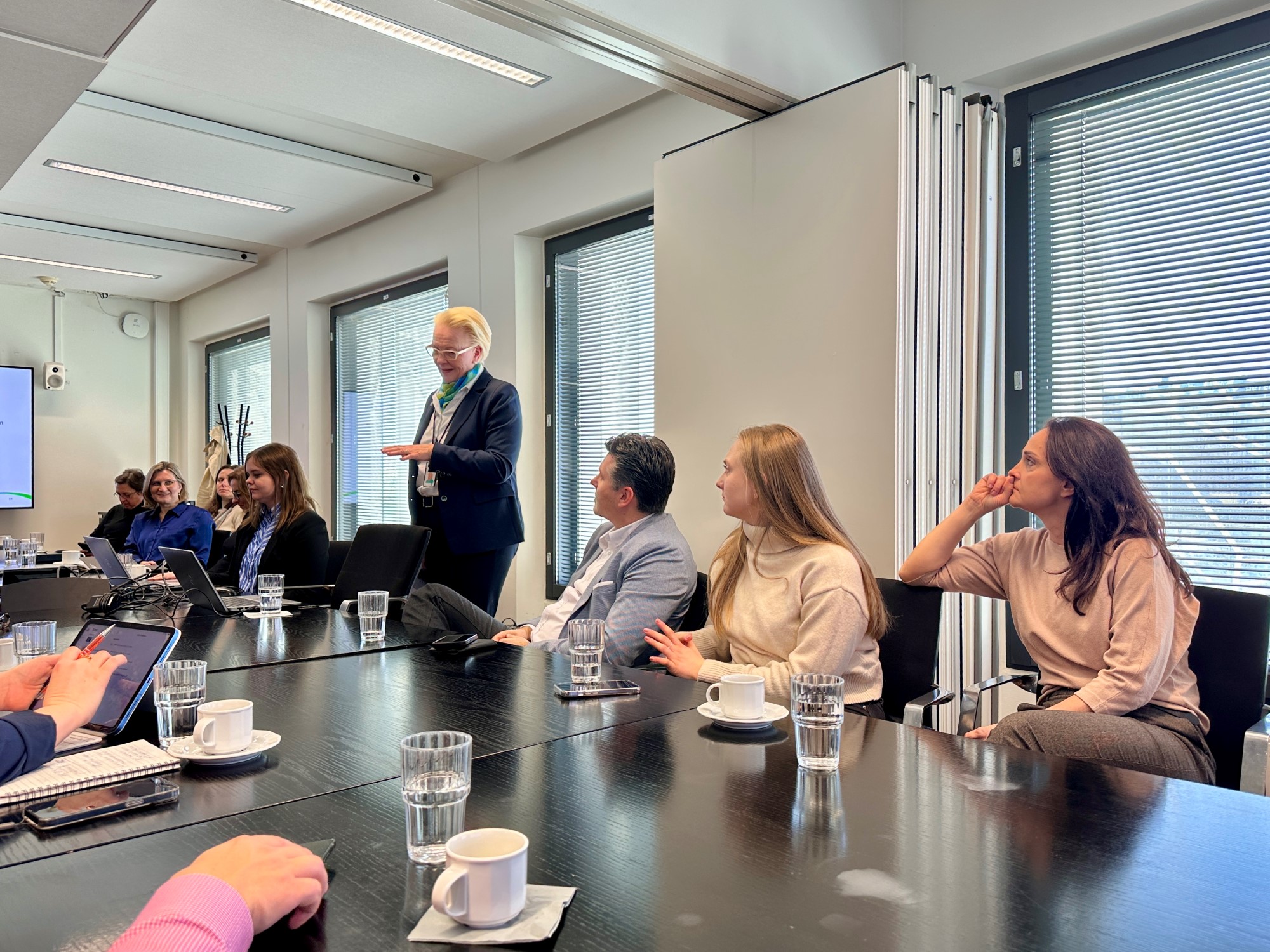
Systematic support
During a visit to Vesala School in eastern Helsinki, it was evident how the system is geared towards supporting every child. The school, with over a thousand students—many from multicultural backgrounds—offers bilingual education, a wide range of support professionals (psychologists, special educators, social workers), and close cooperation with parents.
Integration of children with different linguistic or cultural backgrounds occurs gradually, fostering a sense of safety within the school. Everyone is assured that if they need help, they will receive appropriate support. Notably, Finnish schools address issues proactively, often before they arise, thanks to assistants and other support roles that are natural parts of daily operations.
An emblem of the open approach to education is the iconic Oodi Library. It's not a typical library but rather a center of public life that connects learning, creativity, community activities, and social services. Dubbed the "living room of Helsinki," it serves as an inspiration for designing public institutions that function without strict rules and supervision.
Inspiration for Czechia
Finland doesn't offer a simple blueprint. However, it demonstrates that when a system is grounded in trust, long-term vision, and openness to collaboration, education can fulfill its true role—creating a safe, meaningful space for learning and life.
Specific observations included an emphasis on well-being, inclusion, and creating equal opportunities for all, regardless of their background or life situation, as well as daily collaboration between schools and communities. Even small details stood out—like free school supplies and lunches, and teaching that naturally adapts to children, not the other way around. Trust isn't just a buzzword; it's evident in every relationship—between teacher and student, school and family, and within the system itself.
The Czech education system faces similar challenges: demographic shifts, the need for new competencies, and increasing demands on teachers. The Finnish example shows that change is possible—not overnight, but step by step.
